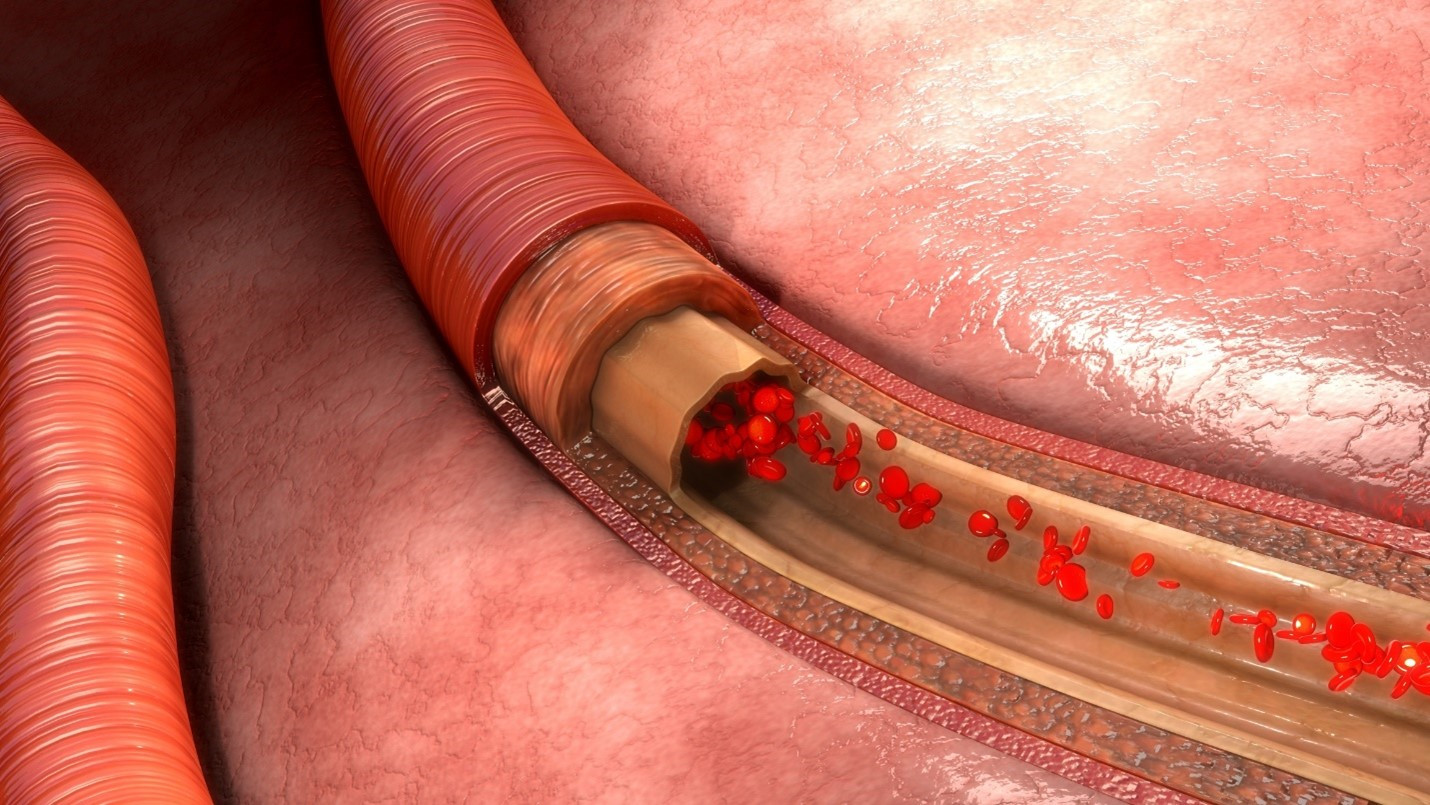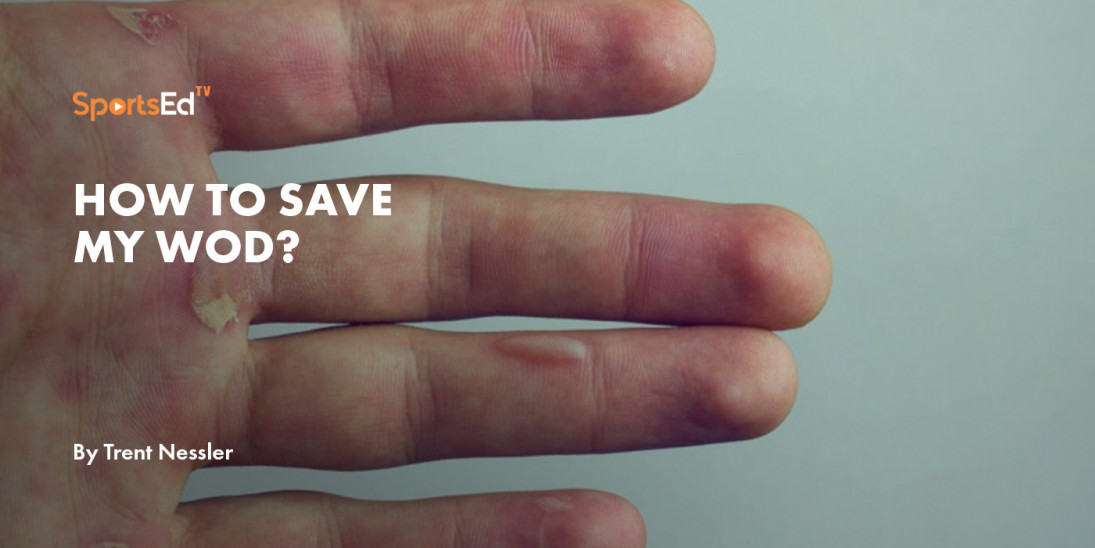Nutrition, Health
Welcome and thanks for visiting...

Why is Hydration Important?

Before we talk about why hydration is important, let’s look at some facts about dehydration and hydration.
- 75% of Americans are chronically dehydrated
- As little as 1% dehydration can result in a 10% decrease in your performance.
- Dehydration causes: fatigue, foggy memory, irritability, anxiety, headaches, is the most common risk factor for kidney stones and increases your risk for musculoskeletal injury.
- Being hydrated can boost your metabolism, improve soft tissue healing, and increase the softness of your skin and silkiness of your hair.
The human body is simply one huge chemical reaction after another. The ability for those reactions to occur rapidly and efficiently is critical to optimizing your health and maximizing your performance. One thing that is vital to all those chemical reactions taking place and the body not breaking down is a balanced blood PH throughout your body. Water or H2O helps to neutralize your blood PH and allows for these chemical reactions to take place more readily.
A change in blood PH has a lot of effects on the body. For example, a decrease in PH stimulates the chemoreceptors in the body which causes an increase in heart rate. This means your heart is working harder. In addition, with activity there is an increase in lactic acid build up which decreases blood PH. When combined with dehydration there is a significant decrease in the blood PH. This has a direct impact on the rate at which chemical reactions occur in your body. It slows them down which means you heal slower and your performance is suboptimal. When water is ingested, the hydrogen ion is cleaved off leaving a H+ ion + HO. This H+ ion helps to take the negative PH to a more positive PH. The normal range for blood PH is 7.35 to 7.45. When the blood is outside of this range, chemical reactions are slowed significantly. Neutralizing this PH (adding the H+ and bringing back to 7.35 to 7.45) allows the body to heal faster following a workout, recover quicker from an injury (musculoskeletal or a disease) and optimizes performance.
Improved hydration also adds to improved blood viscosity (consistency of your blood). Hydrating thins the blood out and therefor it flows easier and not be as sticky (forming plaques). By improving the viscosity of your blood, this aids in reduction of plaque formation in the blood and reduces the risk for heart disease and strokes. In addition, increased viscosity of the blood means that the heart does not have to work as hard to move the blood through your system and results in decreased swelling in the ankles and feet.

Athletes drink enough water, right? In a recent study (Int J Sport Nut and Exer Meta 20) researchers showed that athletes tested for hydration, that 96% of those tested were dehydrated. Along with not drinking enough, they also tend to drink a lot of caffeinated products. Caffeine is a diuretic which means it makes you lose water and dehydrates you. The recommended daily dose of caffeine is 420 mg/day. The average American (and I would say many athletes) get more than 1800 mg/day. When combining the large caffeine sugar loaded drinks most take, this can add to a lot of the symptoms listed above in addition to slowing of soft tissue healing and decreased performance.
So, what if I told you by simply being more hydrated you reduce your risk for migraines, improve your digestive health, recover faster from your hard work outs, perform better in your sport, think clearer especially in challenging situations, and overall feel better. Does that sound like being more hydrated might be worth it? Who would have ever imagined that hydration is that important? So, raise a glass of water today and take a big gulp on your way to becoming more hydrated! Next week, we will talk about how you determine if you are dehydrated and some real strategies you can implement to improve your overall hydration.
Read more:



